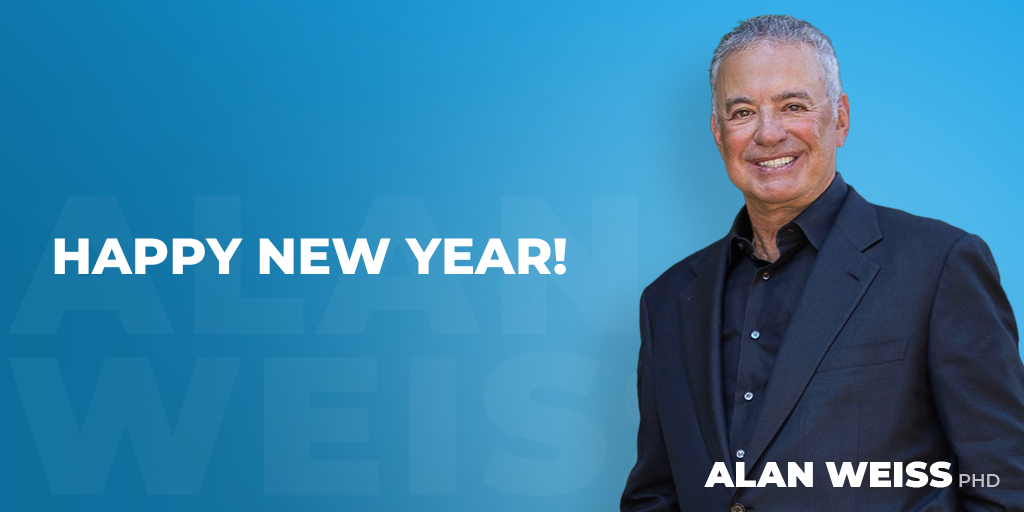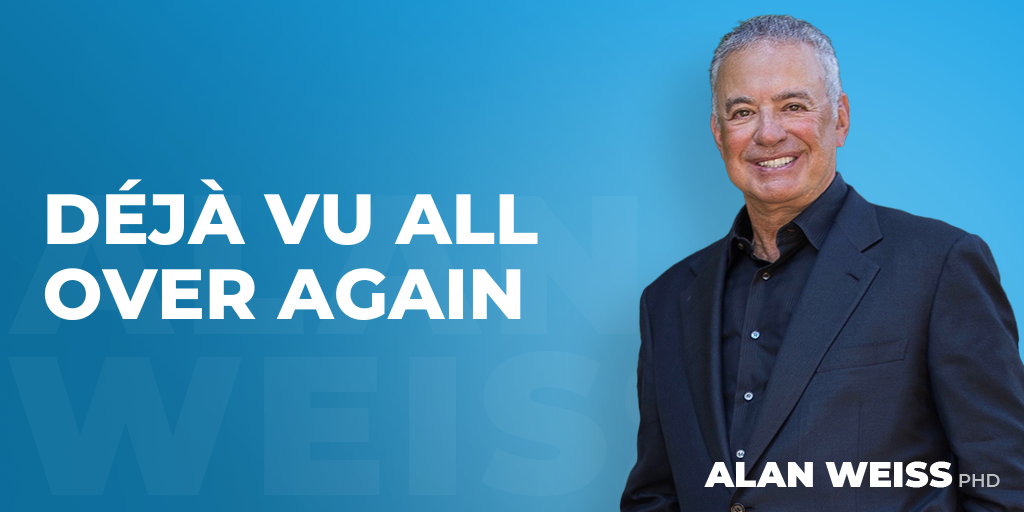The 250
I can't find a way to respond to a blog entry that Seth Godin made, so I'm doing it here. I like Seth, he's a fine writer and original thinker and a contributor to all of us. But I don't like blogs where you can't respond. If this is my error in not finding the right link, my apologies. But here's what he wrote:
This is cruel marketing (Seth).
If you're like me, you've gotten dozens of emails over the last week about a promotion that Chase and Living Social are running in which they're promising local businesses that work within their community a chance to win a grant for $250,000. The emails almost always have the line,
All we need is a vote from 250 kind friends and supporters like you.
Here's why it's doubly dangerous. First, clearly the organization doesn't actually get a grant in exchange for only getting 250 online votes. Hey, 250 online votes won't even get you a pack of chewing gum these days. No, all the votes do is make you eligible to apply for the grant. And yet the organization, perhaps a worthy one, is now spamming thousands of people offering this sliver of hope, all in rush to get 250 votes, even though the chances that anything will happen are perilously close to zero. There are only 12 grants available in total. That's pitiful. Hopes raised, hopes dashed.
And then, for the small businesses, the ones who get through this hurdle and then get through the hurdle of the application, once again, hopes raised, hopes dashed.
There's nothing wrong with competitions and difficult to achieve goals. Nothing wrong with making it hard to get into Brown or get a Gates Foundation grant. The dangerous mistake is making the organizations (and then their core supporters) think it's likely, or easy. You end up not only burning the brand of Living Social and Chase (who probably had good intentions) but by extension, hurting the brand and permission relationships of the very organizations you're trying to help. Peter and the wolf… the villagers aren't going to come next time.
Pepsi did the same thing with charities last year, and my concern is the same: when you activate your supporters, you need a clear path to victory, not a wild goose chase.
One significant way around this: have the outbound messages of the tribe be about more than the grant. Figure out how putting in the effort to help your local organization actually strengthens ties, instead of weakening them. The pursuit could be even better than the prize if you establish the right groundwork.
To be really clear: it's harder to cut through the clutter than ever before, but just because a gimmick is going to cut through the clutter doesn't mean you should use it. It doesn't pay to make a lot of noise if that noise ends up hurting you in the long run.
Okay, I'm back (Alan)
Seth and I both contribute to the “clutter” and “noise” through our online work. We do it, I think, to contribute value to others.
I asked for votes to get me to the 250 because that $250,000 grant, for which I'm now in the second round, would serve to provide travel and expenses for those whom I give scholarships to in my workshops and experiences in any case. It would also provide loans to people in my global communities going through very tough times due to illness and family problems.
I don't have “tribes,” and I feel tribalism is a curse in the world today, replete with animosities and age-old enmities. I do foster and support communities, which are diverse groups of people worldwide learning and growing together.
I like competition, and I don't consider 12 grants a “wild goose chase.” I consider them to be a legitimate goal that people with legitimate ends should compete for. That's why I rallied my communities and exceeded the minimum necessary to get to the next round. If I'm successful, I can help a lot of people. If I'm not, then I'll try again next time. But I'm not cynical about the offer, sponsored by Chase, that is entirely generous.
As the thought leader in solo consulting, I believe I have to be accessible. Anyone can leave a comment here, agree or disagree, so long as it's respectful and polite. I don't know how else to respond to Seth's postings, since I can't do it on his site. My respect for him remains high.
I just think he got this one wrong.
© Alan Weiss 2012. All rights reserved.






Bruce Stormer
Hi Alan. You have not missed anything. Seth very deliberately does not provide the opportunity to provide comments on his posts. He is not the only one who takes this step but he is probably the most well known one. I personally feel it is not the best decision he has made but then I make some bad decisions also. Bruce
Alan Weiss
Thanks, I didn’t want to blame someone for my technological inabilities.
So long as public comments aren’t personal attacks and are civil, I think you have to allow them or else you’re simply trumpeting from the castle to people standing across a moat. People write me email comments on my books and newsletters all the time, and I reply to every one sooner or later (although they often don’t like the response—”There are 8 typos in your book!” “No, there are 12!”).
Ron Ward
I’m with you on this one Alan. I read Seth’s blog every day but I don’t understand what is so wrong with this promotion in his mind. I had seen your post about voting (albeit too late) and it did not bother me one bit.
Also, you took the correct action by posting since Seth does not allow comments. I can understand why he doesn’t allow them due to his reach. He would be spending a lot of time modating them, although I suspect he spends a lot of time om email instead.
Alan Weiss
To each his own, Seth is certainly successful, but a thought leader has to be accessible in my view, at least allowing the community (Seth would say “tribe”) to comment amongst the group. I just don’t see his issue with a contest trying to provide grants to small business for investment, funded by a major bank and sponsored by the Chamber of Commerce. One person who voted for me forwarded his commentary, and I felt obliged to her and others who voted to provide another view. I would have preferred to do it on his site.